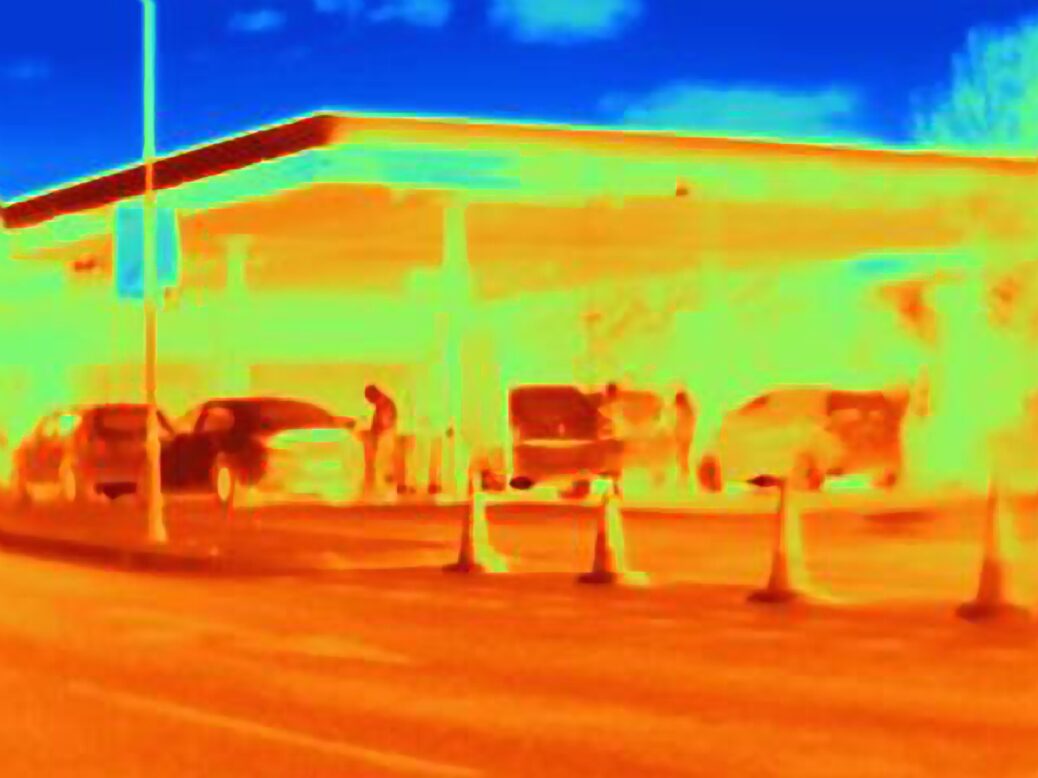
What happens if the United Kingdom runs out of petrol? The short answer is that it won’t: the current pressure at petrol stations isn’t a product of shortages of supply, but a crisis of supply chains: the UK’s petrol companies have plenty of petrol, but what they don’t have is enough qualified HGV (heavy goods vehicle) drivers to transport it from refineries and terminals to petrol stations around the UK.
What’s more likely to happen is that the UK will “run out” of less essential items, simply because petrol will, understandably, be prioritised. This will, inevitably, prompt a rise in the cost of petrol and other goods.
Is the fuel shortage because of Brexit?
Brexit is part of the problem – one reason why there is not a fuel shortage in Northern Ireland is that the Northern Ireland protocol thickens the east-west border between Northern Ireland and Great Britain, but leaves the north-south border on the island of Ireland relatively frictionless. But Brexit isn’t the only issue.
Will European HGV drivers come to the UK under the new visa?
There is currently a shortage of HGV drivers across much of Europe, and there have been similar difficulties filling vacancies in the United States. Pay and conditions are part of the mix when it comes to resolving the shortage. The UK government has also announced 5,000 temporary visas for foreign HGV drivers to come to Britain in the run-up to Christmas.
But the challenge for British policymakers is that what may be a permanent worldwide phenomenon – of people deciding after the pandemic that the life of a HGV driver just isn’t worth the hassle – will be deepened by Brexit. Why? Because if you are a European who is qualified to drive a HGV, it’s a more attractive proposition to emigrate to within the European Economic Area, where you can stay indefinitely and enjoy a much larger degree of rights, than if you are only able to come to the UK on a short-term visa. British businesses are going to have to compete in other ways, whether in offering better pay, better conditions or both.
Does that mean that Brexit will create higher wages?
Yes and no. Yes in some sectors: it is highly likely that the long-term solution to the UK’s shortage of HGV drivers will be better pay for HGV drivers. But that will also mean higher costs for goods and services as companies pass on those greater wage costs to the consumer. The British economy’s real problem is that growth is so sluggish overall, and that, as yet, the government doesn’t have a solution to this nor has engaged meaningfully with the issue.
“What happens if the UK continues to have weak wage growth” is a more pressing and real problem than the UK, actually, running out of fuel.




